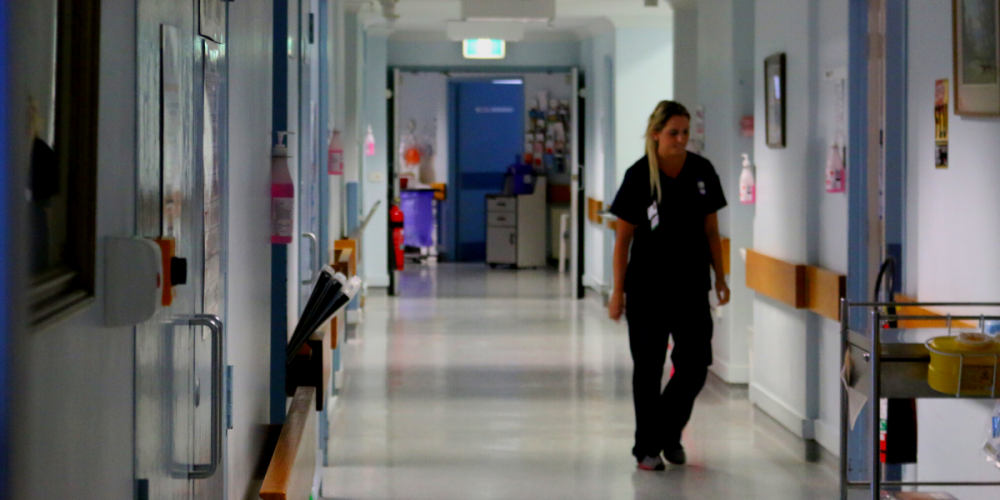Bulk billing boost but regions deserve more
Luke Williams
13 May 2023, 9:30 PM
 The Federal Budget's medicare injection has been welcomed but not all are delighted
The Federal Budget's medicare injection has been welcomed but not all are delightedThe Federal Government has promised a “major revamp” to Medicare, but some regional health advocates say they have not done enough to address rural-specific health system problems.
General practitioners will now be incentivized to bulk bill more of their patients through a tripling of the fee they receive for bulk billing, at a cost to the Budget of $3.5bn over five years.
The new bulk-billing incentive will target children, pensioners, and other Commonwealth concession card holders and the initiative has been broadly welcomed.
The Australian College of Rural and Remote Medicine (ACRRRM) President Dr. Dan Halliday says this Budget will help to stabilize access to general practice and build the health workforce, noting it is an important first step in a much-needed reform program.
He says a commitment to immediately triple bulk billing incentives, at the cost of $35b, will mean that with rural indexing, specialist General Practitioners (GPs) and Rural Generalists (RGs) in very remote areas will see an incentive increase from around $13 to $39 for a standard consultation.
“ACRRM has long called for an increase in incentives for Medicare Rural Bulk Billing as part of a broader reform package, and this will ease the financial pressures on patients living in rural and remote areas and the practices who care for them,” Dr. Halliday says.

ABOVE: Dr. Dan Halliday
“We will be very interested to hear more about the MyMedicare initiative, which aims to support better patients with chronic disease and the healthcare teams that care for them.”
MyMedicare will provide practices with more comprehensive information about their regular patients while giving patients and their care team access to additional funding packages tailored to their health needs.
MyMedicare will also support longer GP telehealth consultations with reduced administration for practices ($5.9m); provide new funding packages for general practices to provide comprehensive care to patients who are frequent hospital users ($98.9m); and for Australians in residential aged care ($112.0m).
The Budget also featured a $445.1 million Workforce Incentive Program for allied health professionals to work in GP clinics, new programs for Lung Cancer, $141.2 million to expand the Tackling Indigenous Smoking program, and $29.1 million for the Royal Flying Doctor Service.
Dr. Halliday said, “We welcome the initiatives announced tonight and will continue to advocate for healthcare reform that supports the ACRRM vision to have the right doctors in the right places, with the right skills, providing high-quality healthcare for rural, remote, and Aboriginal and Torres Strait Islander communities.”

Image: Australian Medical Association.
The Australian Medical Association president, Steve Robson, said: “All in all, we are very happy (with the budget).”
Only some people were quite so enthusiastic.
The National Rural Health Alliance (the Alliance) said the Federal Budget 2023–24 was a “missed opportunity to address healthcare needs in rural Australia significantly.”
“While there are some modest measures included to improve healthcare access, this is not a Budget that will provide rural health improvements – which is disappointing,” said Alliance Chief Executive Susanne Tegen.
“We welcome the Government’s bulk billing initiative, which is an Australia-wide initiative with some additional support for those GPs in remote regions who bulk bill. This incentive should assist clinicians with some of the additional costs that the tyranny of distance and the challenge of servicing remote Australia bring.
“However, the initiative still does not address the severe workforce shortage and subsequent long waiting lists for access to health services faced by rural Australians,” she said.
“These same communities provide over 90 percent of the food on our tables and the majority of Australia’s national income. They deserve better,” said Ms Tegen




